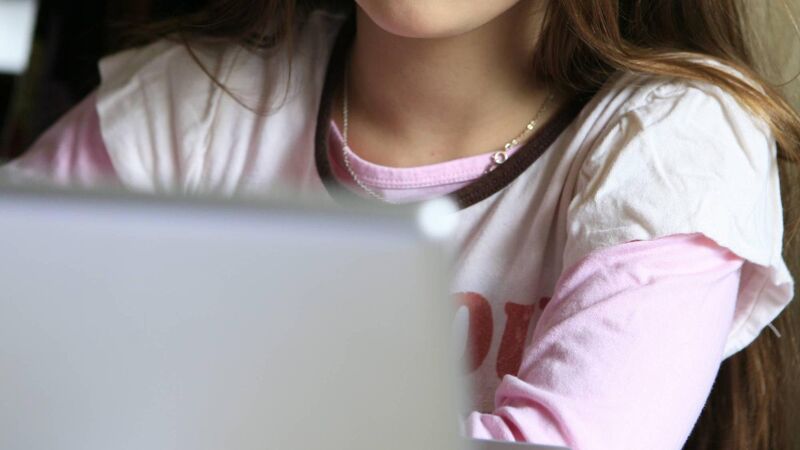One in five children see something online they 'wouldn’t want their parents to know about'

'Our main concern is around unsupervised access — in places like bedrooms, with doors shut. This can leave them vulnerable.'
Over one in five children aged 8-12 have seen something online in the last year that they “wouldn’t want their parents to know about”.
A survey of 1,600 children in that age group found that half of children accepted they “spend too much time online” and just under a third say they can “go online whenever they want”.













